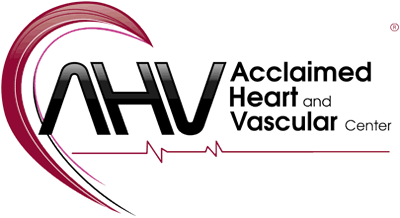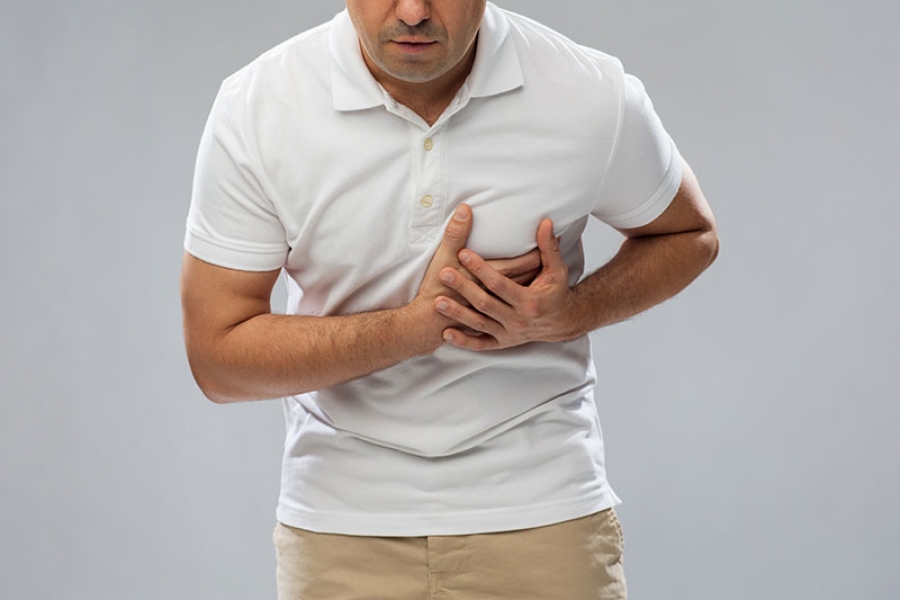Causes of tachycardia
Tachycardia is generally caused by a disruption in the normal electrical impulses that control our heart's pumping action - the rate at which our heart pumps. The following situations, conditions, and illnesses are possible causes:
- A reaction to certain medications
- Congenital (present at birth) electrical pathway abnormalities in the heart
- Congenital abnormalities of the heart
- Consuming too much alcohol
- Consumption of recreational drugs
- Electrolyte imbalance
- Hypertension
- Hyperthyroidism (overactive thyroid gland)
- Smoking
- Certain lung diseases
Sometimes, the medical team may not identify the exact cause of the tachycardia.
Symptoms of tachycardia
The following signs and symptoms of tachycardia are possible:
- Accelerated heart rate
- Chest pain
- Confusion
- Dizziness
- Hypotension (low blood pressure)
- Lightheadedness
- Palpitations - an uncomfortable racing feeling in the chest, sensation of irregular and/or forceful beating of the heart
- Panting (shortness of breath)
- Sudden weakness
- Syncope (fainting)

Acclaimed Heart and Vascular Center
We deliver excellent care with compassion after discussing your health and treatment plan with simplicity.
Possible complications of tachycardia
The risk of complications depends on several factors, including:
- The severity
- The type
- The rate of tachycardia
- The duration of tachycardia
- Whether other heart conditions are present
The most common complications include:
- Blood clots - these significantly increase the risk of heart attack or stroke.
- Heart failure - if the condition is not controlled, the heart is likely to get weaker. This may lead to heart failure. Heart failure is when the heart does not pump blood around the body efficiently or properly. The patient's left side, right side, or even both sides of the body can be affected.
- Fainting spells.
- Sudden death.
If you notice a rapid heartbeat or any of the above symptoms, please contact Dr. Shahzad or call 911 immediately!
DISCLAIMER: THIS WEBSITE DOES NOT PROVIDE MEDICAL ADVICE
The information, including but not limited to, text, graphics, images and other material contained on this website are for informational purposes only. The purpose of this website is to promote broad consumer understanding and knowledge of various health topics. It is not intended to be a substitute for professional medical advice, diagnosis or treatment. Always seek the advice of your physician or other qualified health care provider with any questions you may have regarding a medical condition or treatment and before undertaking a new health care regimen, and never disregard professional medical advice or delay in seeking it because of something you have read on this website.

